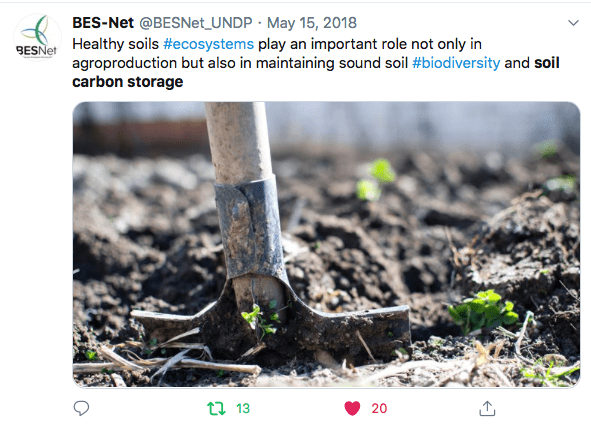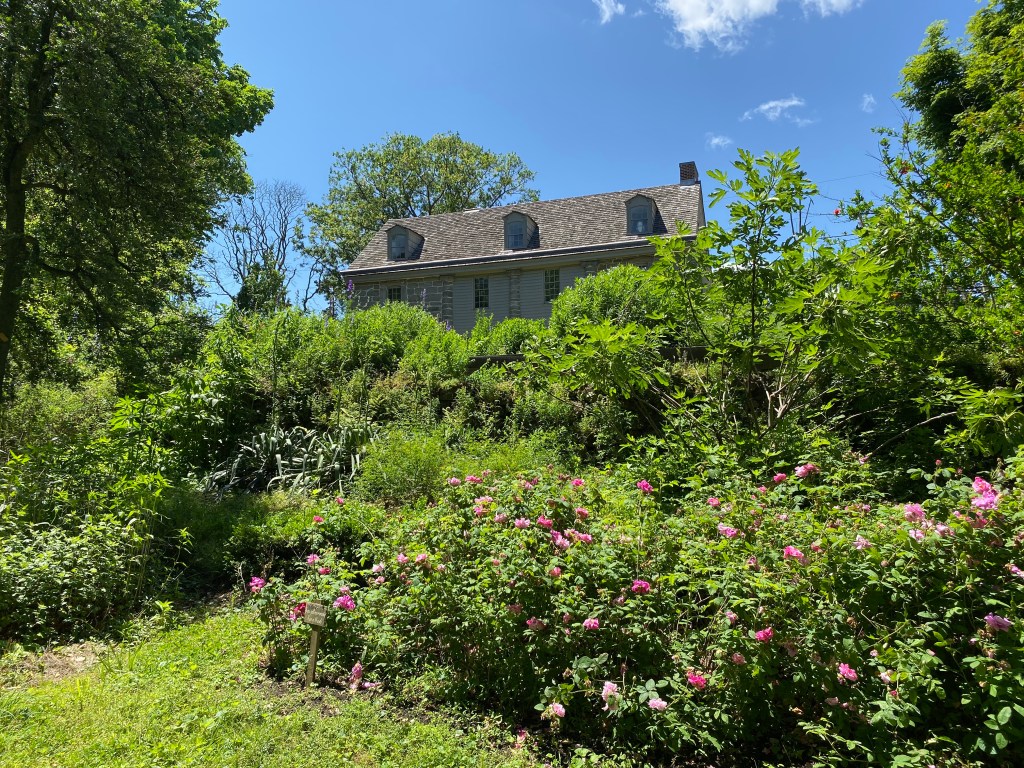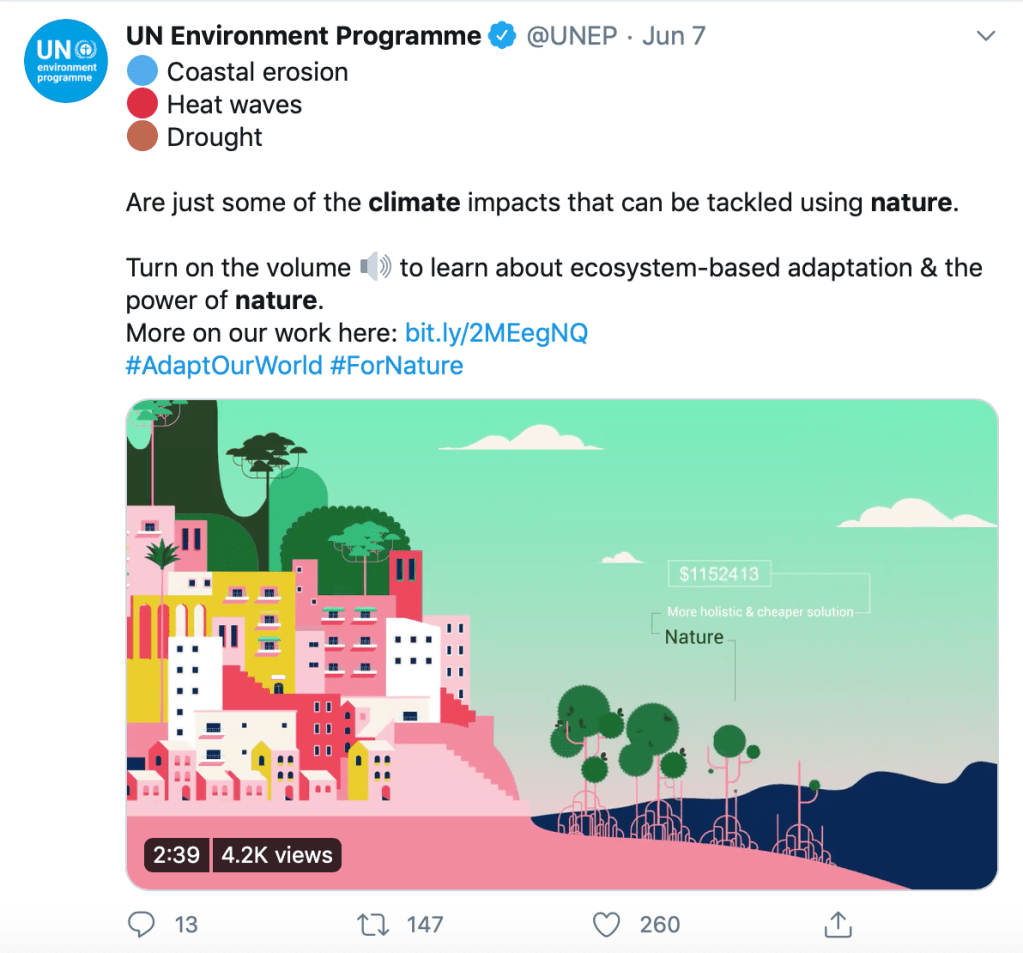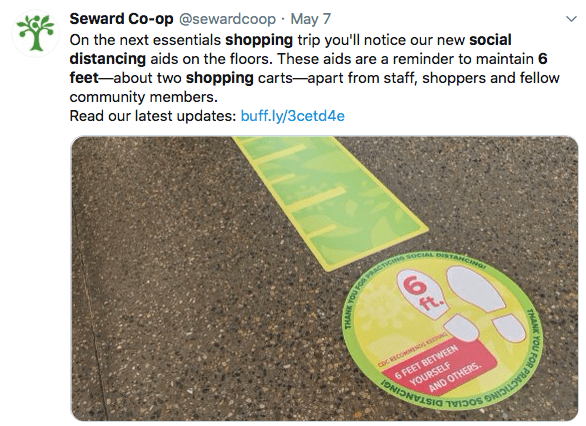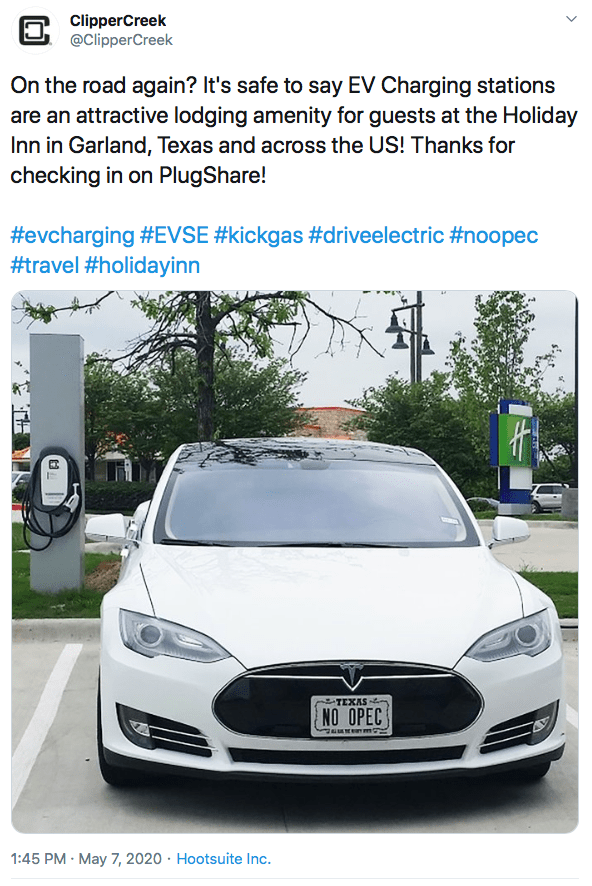Washington (GGM) Analysis | June 27, 2020 by Noreen Wise
While quarantined in Toronto, Canada for 14 days — with only 4 days remaining, yay — I’ve been able to experience first hand how in sync Torontonians are with their advanced sustainability waste management processes. In less than two years, Toronto is on the brink of zero-waste.
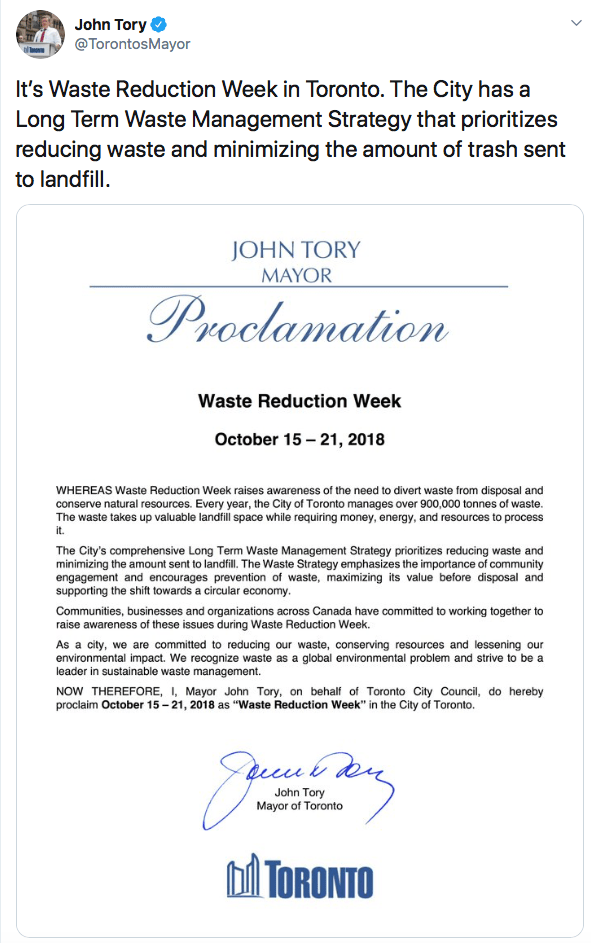
Providing curbside pickup for kitchen scraps is the final step in closing the loop to create a circular economy. Twenty-two percent of all landfill waste is food waste, and thus preventable. Compostable food scraps is vitally important for strengthening soil nutrients in the gardens, parks and outlying farms that our American communities support.
On this city street here in downtown Toronto, there is a designated green bin on the sidewalk that’s contained inside a neat and tidy wooden fenced bin hub, that includes: a recycling bin, a garbage bin and a kitchen scraps bin. All the residents are onboard and drop off their kitchen scraps regularly. Kitchen scrap green bin pickup is every Friday morning, while garbage and recycling rotate every other Friday.
What I found so amazing about the bin hub on this Toronto city block, is that there is so little waste. One of the bins is a half-size bin. I’ve never seen a half-size waste bin in America, only overflowing jumbo-sized bins. This in itself is a snapshot of what our greatest challenge is. The American perception that our overflowing giant bins are normal and acceptable, while the rest of the world exists on the half-sized waste bin.

Stepping into this beautiful Canadian sustainability scene from America, feels like time travel, instantly arriving at what many climate focused communities are striving for. Toronto is already living America’s aspirations. Canadians make it look so easy. It basically is. Just do it, is all it takes. Why do so many in America believe, and make it appear, too difficult to conquer?
How long will it take America to close the loop and have kitchen scraps green bins on every street? Americans are quick at responding to prize offerings and rewards, perhaps the quickest in the world. Shouldn’t we move just as briskly to capture climate action rewards.
San Francisco began requiring mandatory composting back in 2009. And according to AZCentral, at the beginning of 2018, San Francisco had a landfill diversion rate of 80 percent, the highest in the country, with the goal of hitting 100 percent diversion rate by 2020. This is a sharp difference from Arizona’s 20 percent landfill diversion rate in 2018, and goal of 40 percent by 2020.
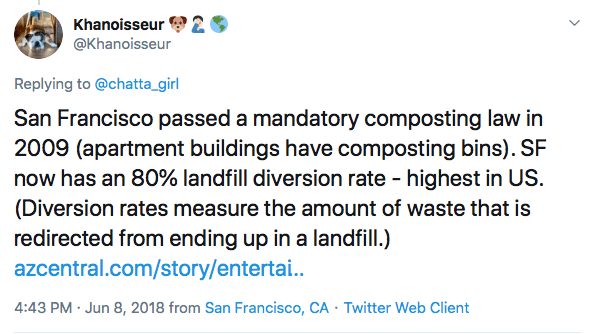
The bottomline is that the majority of countries in the industrialized world are lightyears ahead of America and on the waste management front. We can no longer rely on local, state and federal government to take the lead on these critical issues. We American citizens have to jump into the driver’s seat and just do it, just do what needs to be done so we can catch up and reverse global warming. Composting and strengthening our soil nutrient levels to maximize carbon absorption is an immediate next step for all American communities.
Lets GO! Just do it… TODAY.♻️
© Copyright 2018 – 2020. ALL Rights Reserved.






